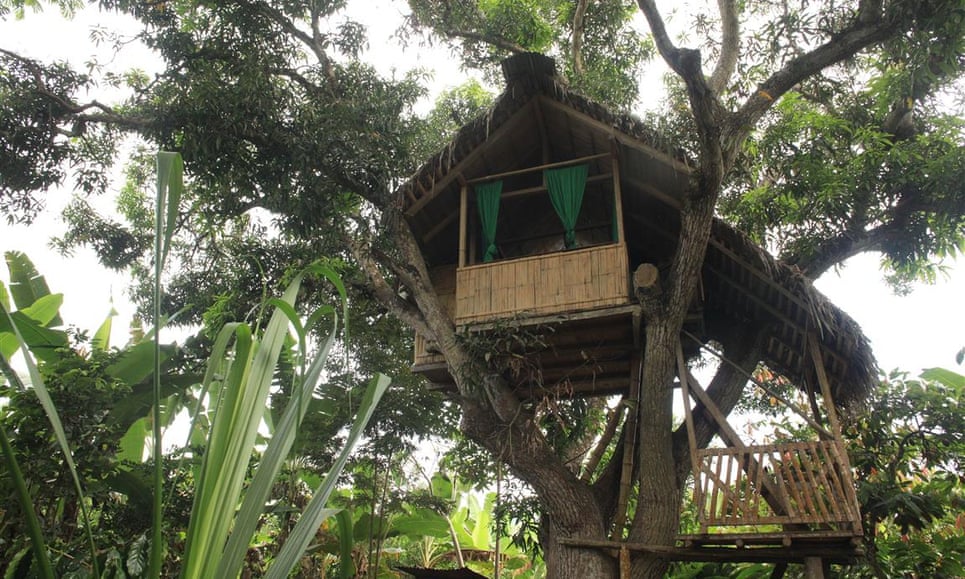
If you think the controversial Mast Brothers chocolate is pricey at £19 for a 200g bar, then you haven’t come across To’ak chocolate. Touted as the world’s most expensive chocolate, one 50g bar of To’ak comes packaged in an elm wood box, in which you’ll find a pair of wooden tongs – so that you can taste the delicacy without tainting it with oil from your fingers – and a 116-page booklet explaining the origin and pedigree of the beans. It costs $260 and is claimed to be a luxury on a par with a fine wine or whisky – an experience to be savoured and shared. If that’s not exclusive enough, there’s the Vintage 2014 range (only 100 bars are produced) for $315 or $345.
To’ak, which roughly translates as terroir in ancient dialects of Ecuador, comes from Finca Sarita, a remote farm in Ecuador where you can also experience the flavours of the rainforest – by staying there for just US$15 a night, including breakfast, dinner and, if you’re lucky, a bite of the exclusive chocolate.

Last year, Pachard Vera became the production manager for To’ak chocolate, which was set up by American conservationist Jerry Toth and Austrian designer Carl Schweizer. Pachard Vera doesn’t actually grow the cacao for To’ak at Finca Sarita, it comes from a nearby mountain slope where native heirloom Arriba cacao still grows, rare in a country where most species are now hybridised. After the workers harvest the cacao beans they bring them to Pachard Vera’s farm for processing.

In the meantime, his life follows the same rhythms and patterns of his ancestors. His great-grandfather arrived on the land over a century ago, looking for rubber trees. He stuck around and started planting cacao and fruit trees, and his family continued the practice in the traditional manner, free from chemicals. “It’s a clean production,” said Pachard Vera. “Everything is symbiotic, in equilibrium, in peace and harmony.”

At night, we climbed up narrow ladders to a treehouse perched five metres above the ground among the branches and leaves of the forest and near the sloth, as well as a river bordering the property. We fell asleep to the sounds of flowing water, late-night bird calls and armadillos rustling about on the forest floor below – a world away from the reggaeton music and car alarms we’d grown accustomed to in Ecuadorian cities.
Sometimes, Pachard Vera told us, guests see iguanas and nutrias (large aquatic rodents) searching for food in the early morning in and around the river, but we weren’t lucky enough to spot any.
For breakfast, Pachard Vera treated us to breadfruit, mangos, oranges and plantains, supplemented with homemade bread and coffee, along with a giant bowl of thick, rich chocolate sauce made from his own cacao. And if that wasn’t enough, he happened to have a sample of the To’ak itself that he let us try: I found it subtle and refined, earthy without being bitter.
Personally, however, I couldn’t fathom why anyone would shell out $345 on it, but it was certainly a delicious piece of chocolate. Just one of the many pleasures to be found at Finca Sarita.
• Email Servio Pachard Vera, serviodecalceta at yahoo.es or call +593 9 6802 1185. No website
guardian.co.uk © Guardian News & Media Limited 2010
Published via the Guardian News Feed plugin for WordPress.

0 comments:
Post a Comment